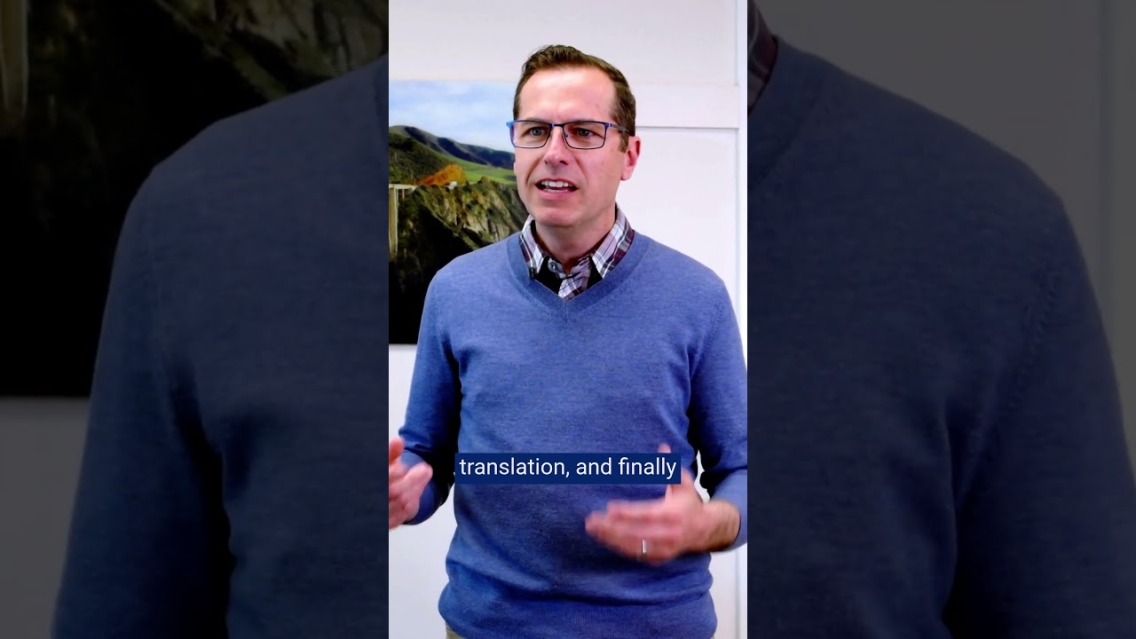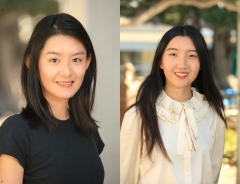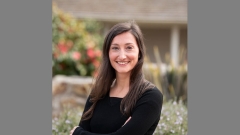Field Work: Students Localize a New Online Game Through Class Project
| by Jason Warburg
Translation and localization management students Xiaofei Shen and Minting Lu gained valuable professional experience localizing an online game in development as a class project.





